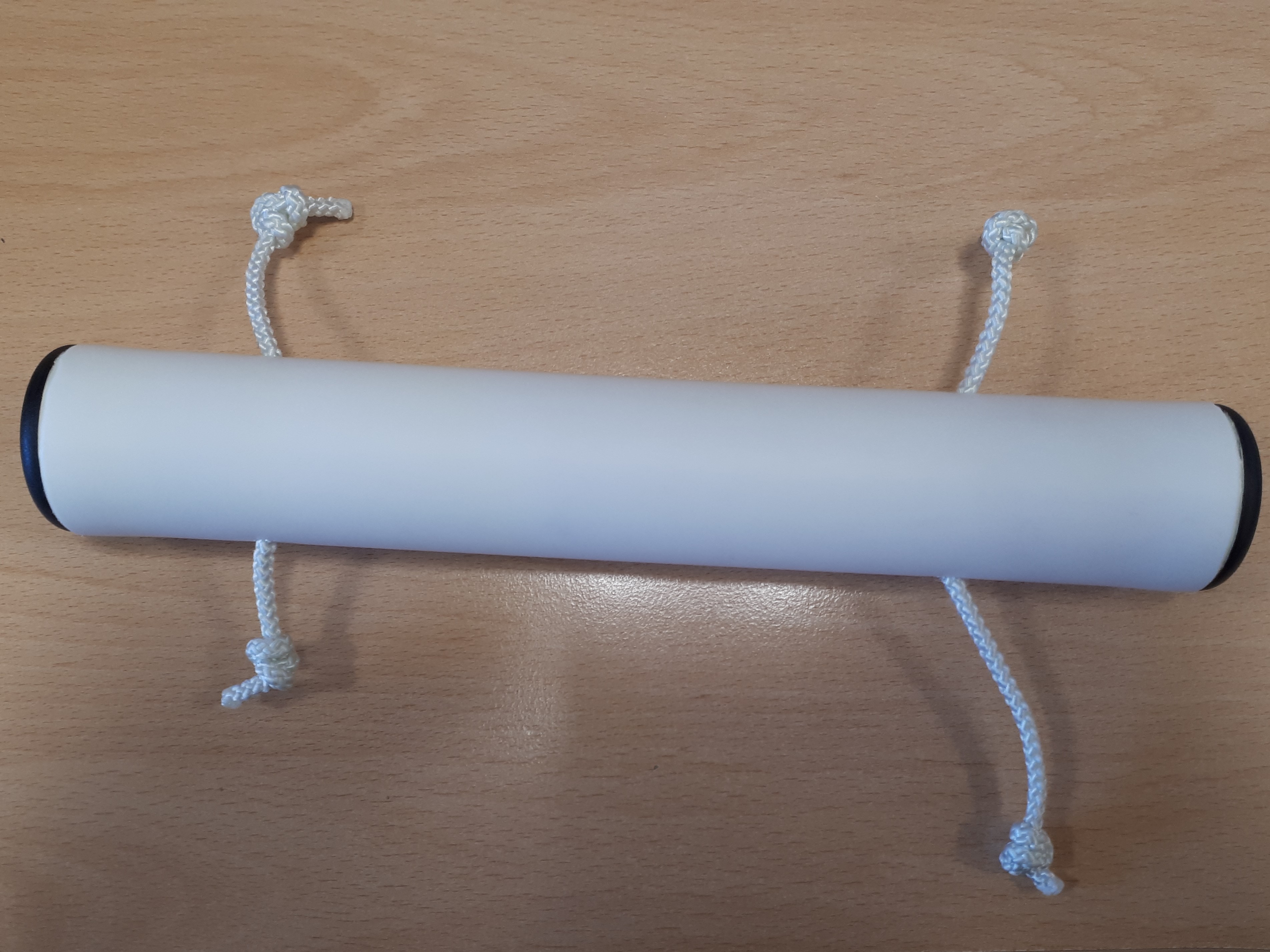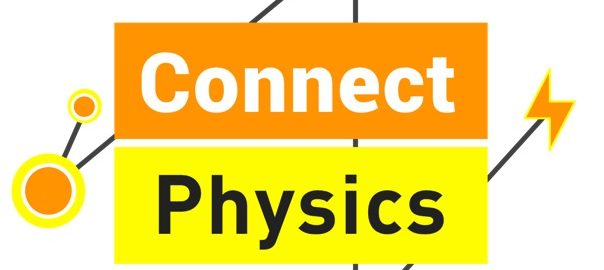 SEPnet is proud to launch Connect Physics, a set of three workshops for Key Stage 3 science students which answer the questions:
SEPnet is proud to launch Connect Physics, a set of three workshops for Key Stage 3 science students which answer the questions:
What is physics?
Why do physics?
How do we do physics?
Over the last few years we have been working together with teachers and students across the region to develop a set of workshops which look at the wider picture of physics within the context on a student’s life and career paths. Teachers who took part in our evaluation said said that these workshops help do just that:
“The idea that they can see science isn’t just in a school environment that it’s out
there everywhere, that people are problem solving everywhere and that involves
science and that’s incredible value.”“It allowed the pupils to work in groups and identify Physics rather than just be told
where Physics is and learn the theory.”
 For more information on the workshops please read our Teacher’s Guide which outlines what the resources contain. If you would like to book the workshop in your school, please check the Connect Physics website.
For more information on the workshops please read our Teacher’s Guide which outlines what the resources contain. If you would like to book the workshop in your school, please check the Connect Physics website.
If you are a STEM practitioner and are interested in using and delivering the material, please register as a user here.
Evaluation
The workshops have been tested over the last few years, both as individual workshops and as a set of workshops. The aim of the workshops as a set was to maintain and raise Science Capital in KS3 students across the year as the workshops were delivered. Our evaluation report of the pilot year show we still have to work at getting more indicative measurements of Science Capital and measuring long-term impact of the workshops.
 However the outcomes of each individual workshop and of them as a set was seen in feedback from students and noted by the teachers. After each workshop over a third of students said they were more interested in Physics. For a full summary of the evaluation please see the final report here.
However the outcomes of each individual workshop and of them as a set was seen in feedback from students and noted by the teachers. After each workshop over a third of students said they were more interested in Physics. For a full summary of the evaluation please see the final report here.
If you would like to partner with SEPnet to continue to develop the resource, or help us measure the impact of the workshops across the UK, please get in touch with the SEPnet Director of Outreach & Public Engagement.
Acknowledgements
SEPnet would like to thank all the schools where the workshops were tested at every stage of development, together with all the teachers and students for all their inputs, comments and suggestions, they were invaluable.
SEPnet would also like to thank Scott and Neil at Science Theatre and for taking Connect Physics from ideas to fully-formed workshops. Thanks also to Helen Featherstone for helping with the evaluation at that formative stage.
SEPnet would also like to thank Hugh and his team at Hope-Stone Research for carrying out the summative evaluation and writing the final report.

